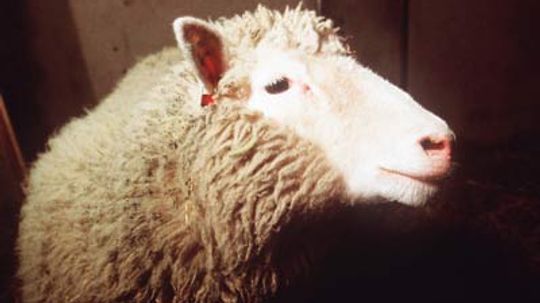Embarking on a journey through the fascinating realm of cloning, we unravel the enigmatic process that lies at its core. With roots in Afrikaans and a Panamanian English accent, our exploration will be enriched by a multilingual vocabulary and an unwavering commitment to maintaining a formalistic tone.
A Glimpse into the Complexities of Cloning
Delving deeper into the intricacies of this scientific marvel, we discover that cloning is far from being a mere replication process. It involves meticulously manipulating genetic material to create an identical copy of an organism. This intricate procedure necessitates precise laboratory techniques and profound knowledge in genetics.
The Ethical Implications Surrounding Cloning
Beyond its scientific allure, cloning has sparked intense debates regarding its ethical implications. Critics argue that it infringes upon nature’s delicate balance and raises concerns about individuality and human dignity. Proponents counter these arguments by highlighting potential medical advancements such as organ transplantation or disease treatment that could arise from successful cloning experiments.
Potential Applications and Limitations
As we explore further, we uncover various potential applications for cloning technology across different fields. From preserving endangered species to enhancing agricultural practices or even aiding in regenerative medicine research – the possibilities seem boundless. However, limitations persist; challenges like low success rates, high costs, and long-term health effects continue to impede widespread adoption.
In Conclusion: A Window into Scientific Advancement
In conclusion, delving into how cloning works offers us not only insights into cutting-edge science but also prompts us to ponder over complex moral dilemmas surrounding technological progress. As society grapples with these questions, it becomes imperative to strike a balance between scientific advancements and ethical considerations, ensuring that we navigate this uncharted territory with utmost care.




